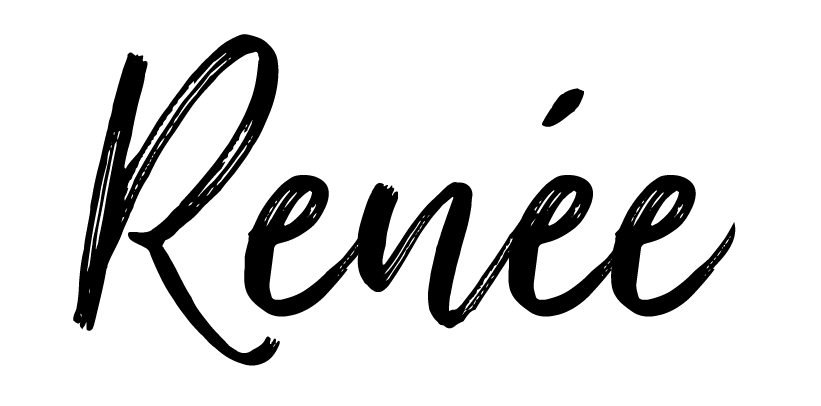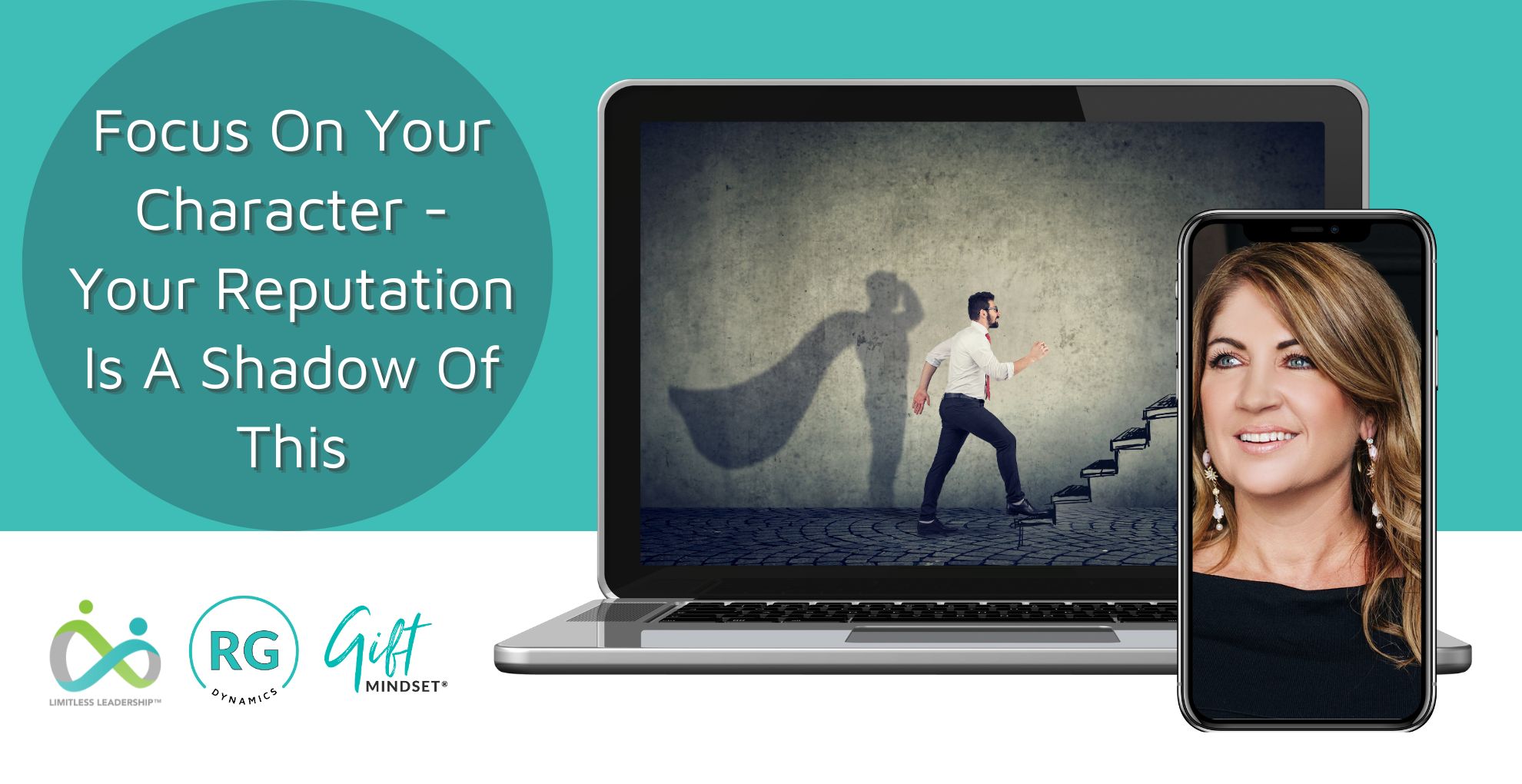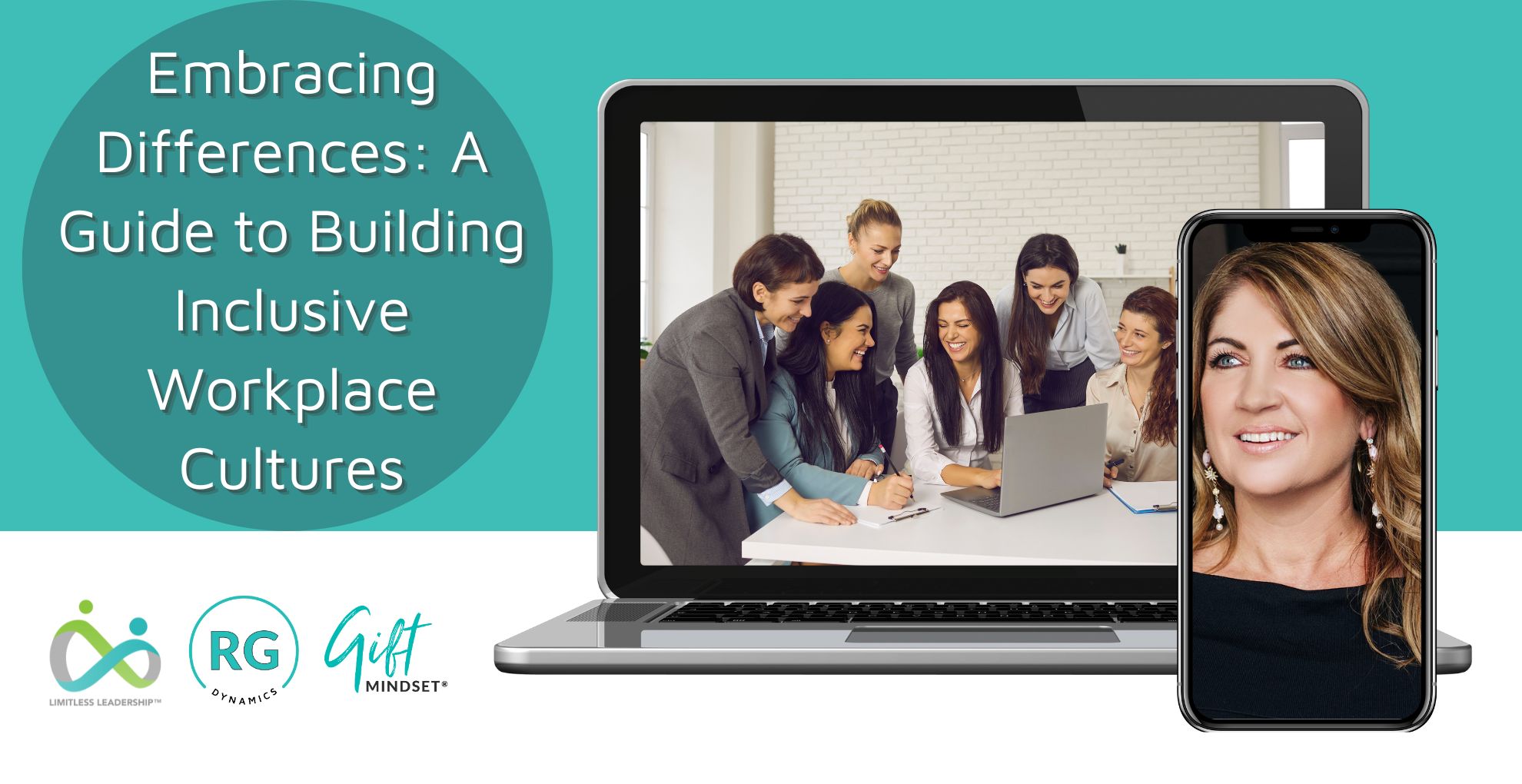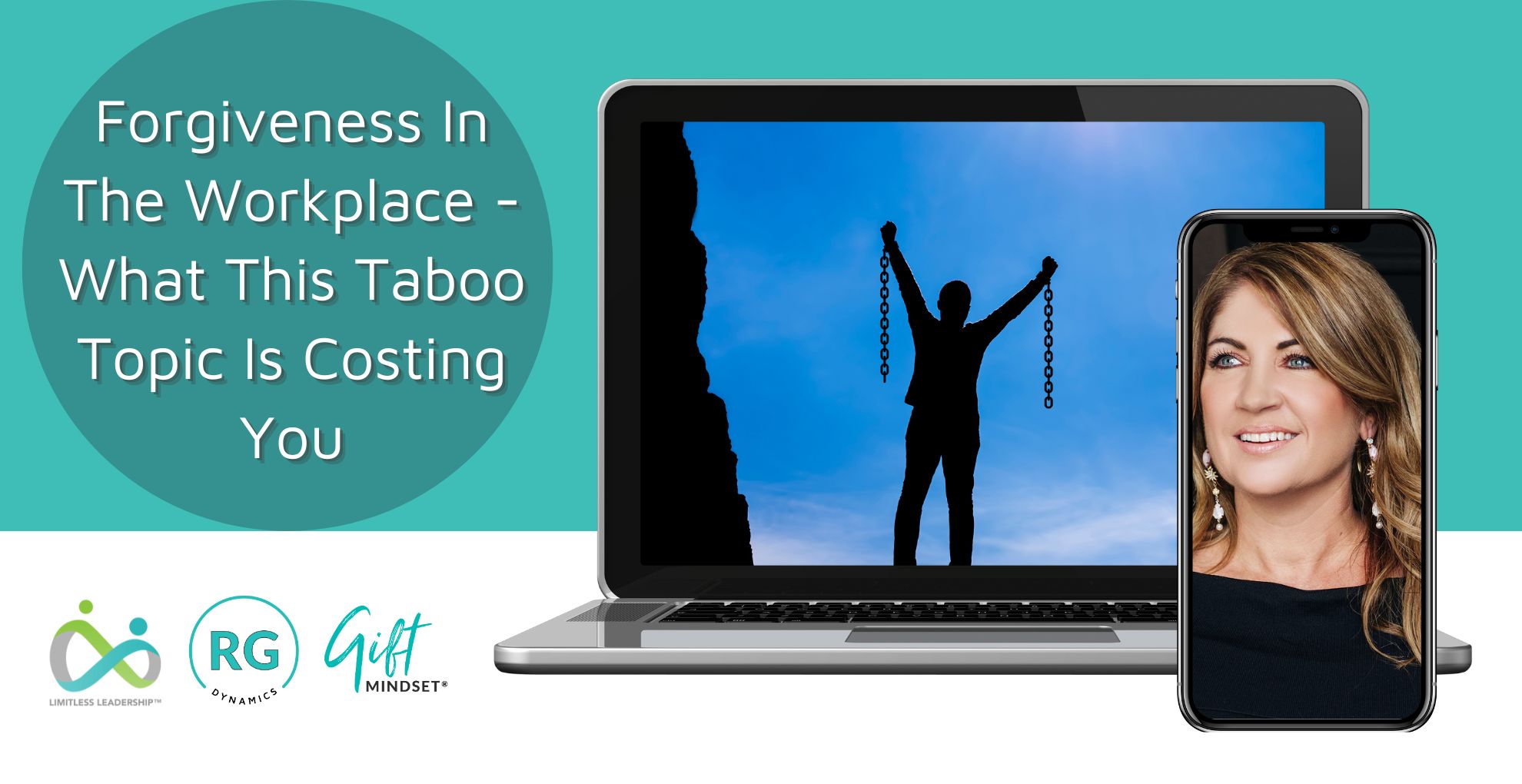Never in human history have our brains had to work with so much information as they do today …
We have a generation of people who are so busy processing the information received from all directions that they are losing the ability to think and feel.
— Edward Hallowell, US psychiatrist
Distraction is a real challenge for human beings living in this fast-paced digital age.
It’s simple, when we become distracted, we can become removed from the present moment.
When we are not fully present, we aren’t as open to what is going on around us.
In any role, this can lead to a lack of focus on who and what is important.
Distraction can stifle our ability to think and feel, as we lose connection to ourselves and others. This can lead to overwhelm, a lack of motivation and productivity and a lack of deep and meaningful relationships and interactions necessary to connection and our success.
Not only does distraction lower our productivity and energy, but it affects our ability to focus on and stick with projects. It affects our mindset – that is, our beliefs, thoughts and expectations that will determine how we perceive and therefore respond to what happens to us.
Limitless leaders learn, unlearn, relearn, and evolve and distractions can stifle progress at the head (logic), Heart (knowing) and Gut (intuitive) level.
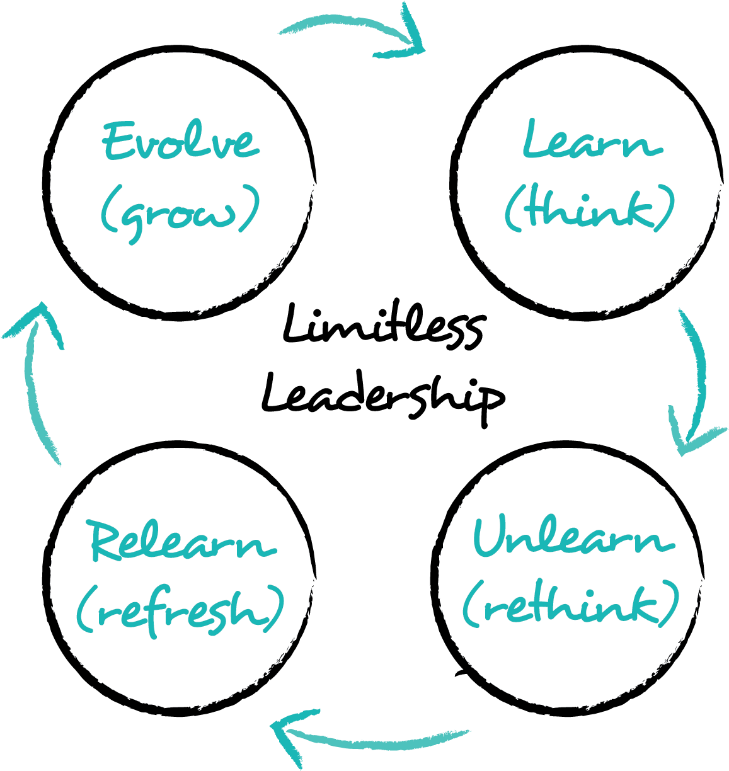
Every day we are bombarded with more information and change than we can process. From scrolling through our social media feeds to reading the newspaper, turning on the television and radio or simply surfing the internet, we attempt to make sense of all the data being directed at us.
In the workplace we may be leading unmotivated teams, implementing new systems and processes or juggling change, market challenges, remote work and the daily distractions that sometimes can’t be avoided.
It’s impossible to process everything that is thrown at us and to combat this overload, we tend to take shortcuts in our thinking, expectations and problem-solving, usually unconsciously.
In a Udemy for Business survey, nearly three out of four workers (70%) admitted they feel distracted at work, with 16% of people stating that they’re almost always distracted.
The impact of workplace distractions, according to the report, included that:
- 54% said they ‘aren’t performing as well as they should’.
- 50% said they ‘are significantly less productive’.
- 20% said they are ‘not able to reach full potential and advance in their career’.
The same survey from Udemy cited the top benefits of reducing workplace distraction from those interviewed:
- 75% stated ‘I get more done and I’m more productive’.
- 57% stated ‘I’m motivated to do my best’.
- 51% stated ‘I’m more confident in my ability to do my job well’.
- 49% stated ‘I’m happier at work’.
- 44% stated ‘I deliver higher quality work’.
Top distractions included talkative co-workers (cited by 80% of workers surveyed), and office noise (70%).
Meetings were blamed for low productivity by 60% of respondents, while 58% said that, although they don’t need social media to do their jobs, they couldn’t make it through the working day.
Leaders often encounter various distractors in their roles as do many executives not leading teams.

Below I have listed five common distractors with a solution for each:
Lack of Motivation:
Distractor: Decreased motivation or engagement levels within the team, leading to lower productivity and moral.
Solution: Foster a positive work environment, provide opportunities for professional development and growth, show gratitude and reward achievements, set challenging yet achievable goals, and lead by example with enthusiasm and passion. Understand what lights up or energises everyone in your team up and drive tasks to suit.
Resisting Change:
Distractor: It’s common to get resistance from team members or stakeholders to adopt new strategies, ways of working or even processes.
Solution: Encourage open communication to address concerns, provide logic and heart behind changes, involve team members in decision-making, and offer training and support to ease the transition. Remember to always share the “why” of whatever is changing. As human beings we need to know what is in it for us, share the benefit of the change, new system etc.
Poor Communication:
Distractor: Communication breakdowns leading to misunderstandings, errors, or inefficiencies. There is no such thing as a personality clash, it’s simply a communication breakdown.
Solution: Implement regular communication channels such as team meetings, one-on-one discussions, and feedback sessions. Encourage active listening, clarity in messages, and transparency in information sharing. Utilize communication tools and technologies effectively.
Conflict and Tension:
Distractor: Conflicts arising from differing opinions, personalities, or goals among team members can be a huge distractor for you and the wider team.
Solution: Facilitate open dialogue, establish clear expectations and guidelines for conflict resolution, encourage empathy and understanding, and intervene early to prevent escalation. Create forums and a safe space for people to share lessons, challenges and how they feel.
Work-Life Balance:
Distractor: There is the real struggle in maintaining a healthy balance between work responsibilities, remote work, and personal life commitments. Wellbeing issues are at an all-time high and not only affect the individual but team and business.
Solution: Lead by example by living work-life balance, promote flexible work arrangements where feasible, encourage time management strategies, provide resources for stress management and wellness initiatives, and support employees in achieving harmony between their professional and personal lives.
In addition to the above distractors there are many more that can arise. These are the key ones I witness within teams and organisations.
By addressing these distractors with appropriate solutions, leaders can navigate challenges more effectively and foster a positive and productive work environment.
Reflect on what is distracting you and your team right now?
Lead to be Limitless…
